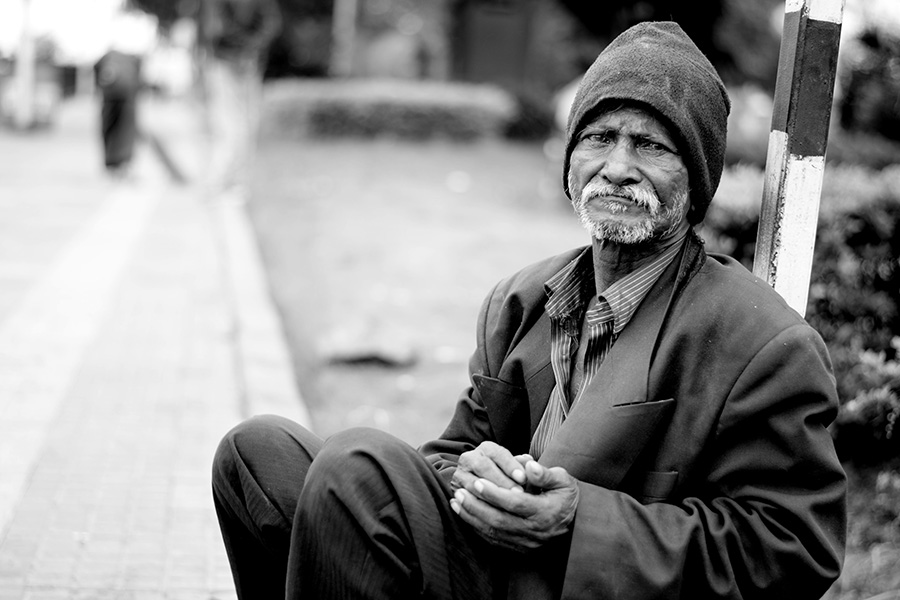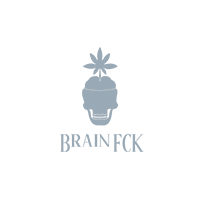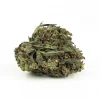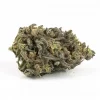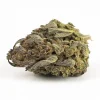Rooted in the over-prescription of high dose painkillers and carried on by the contamination of illicit drugs with fentanyl and similar drugs, opioid addiction and overdoses have reached a critical point. With almost one in five Canadians relying on living with some form of chronic pain or illness, it is not surprising that opioid addiction is has become an epidemic.
When they were first marketed over twenty years ago, they were marked as “safe” and “effective”, but we now know that these drugs have an extremely high risk of dependency, fatal overdose and may be less effective than we thought. Despite the risks, over 20 million opioid prescriptions are filled in Canada every year – and the death toll is increasing.
…an estimated 2,458 people died of opioid overdoses in 2016, which is a death rate of 10 people per 100,000 population in Yukon, Northwest Territories, British Columbia and Alberta
Data released by the Public Health Agency of Canada discovered that an estimated 2,458 people died of opioid overdoses in 2016, which is a death rate of 10 people per 100,000 population in Yukon, Northwest Territories, British Columbia and Alberta. Comparatively, 33,000 people in the United States had fatal overdoses in 2015. Scarily enough, the United States consumes 80 percent of the world’s opioid supply, which gives you an idea of the severity of opioid addiction.
One of the scariest parts about being on prescription painkillers is the fear that you will develop an opioid addiction and that there is no better option for your pain, but there is. Evidence is mounting year over year proving the validity of medical marijuana as an alternative to opioids and other prescription painkillers.
As users of opioids know, these drugs are most often prescribed for post-surgery, treatment of chronic pain due to accident or injury and pain management for cancer patients. These are serious ailments that cause daily trauma to the individual suffering from them, but we have good news. The largest marijuana study done to-date showed overwhelming evidence that marijuana is able to support three main uses: to reduce nausea and vomiting from chemotherapy, to treat chronic pain and to reduce spasms from multiple sclerosis. So many people suffering from these issues didn’t think that there was a better way, but now there is. Marijuana has even been touted as a treatment for epilepsy, alzheimer’s, ADHD, anxiety, depression and migraines!
Why is cannabis so successful as an alternative?
So why is cannabis so successful as an alternative to opioids? Research shows it is because they both behave similarly in the brain, working to block pain signals and making you feel good (much the same as opioids). Interestingly enough however, is the fact that medical marijuana does these things in addition to reducing inflammation in the body and helping to relax damaged tissues. Not surprisingly, data shows that patients will substitute cannabis for prescription opioids if given the option.
Plus, no one has ever had a fatal overdose due to cannabis. The reason for this, according to the National Cancer Institute, is because “cannabinoid receptors, unlike opioid receptors, are not located in the brainstem areas controlling respiration” in short, marijuana does not target the respiratory system so the drug itself cannot stop you from breathing, as can opioid derived products.
Currently, there are several studies that show states who allow medical marijuana have fewer opioid deaths. Initially, these studies revealed that the states with legal medical marijuana have seen an average reduction of 24.8% when it comes to annual fatal opioid overdoses. However, this effect seems to increase with time with a 20% lower rate of opioid deaths in the first year, 24% in the third and a whopping 33% decrease in opioid deaths in the sixth year of legal marijuana laws.
Is There a Correlation?
So why the correlation between reduced opioid use and marijuana? For starters, we are all becoming more aware of the dangers of opioid use, so lowering the risk for overdose is a good place to start. Secondly, medical marijuana allowed patients to maintaining the same, or in some cases a better level of pain relief – according to medical cannabis patients in California wherein 80% of whom reported that cannabis alone was more effective than opioids or cannabis combined with opioids. Thirdly, patients want to decrease their side effects. Many patients such as yourself suffer from sedation, dizziness, nausea, vomiting, constipation, physical dependence, tolerance, and respiratory depression, which is often associated to opioid use. The side effects for marijuana however, stop at dry mouth, red eyes, sleepiness and hunger, which is actually considered a benefit for cancer patients going through chemotherapy and suffering from nausea and lack of appetite.
…studies revealed that the states with legal medical marijuana have seen an average reduction of 24.8% when it comes to annual fatal opioid overdoses
Now for the facts. In a study conducted by the University of California Berkeley and Kent State University, it was revealed that 93% of their participant group would make the switch. Another study done by Health Canada revealed that 63% of their participants would use cannabis as a substitute for prescription drugs . A third study done in California revealed that 90% of patients would choose cannabis over opioids. Lastly, a 2016 study conducted by the University of Michigan found that cannabis not only decreased side effects from other medications and improved quality of life, but it also reduced the use of opioids by 64% on average… You get the picture.
Legalization of marijuana in Canada has provided patients with a much less dangerous and equally effective option for treating their ailments. The United States isn’t too far behind where many states have already legalized medical marijuana with recreational used now legalized in Washington, California, Oregon, Nevada and Colorado, and so on, which have all already seen the benefits on combating the opioid crisis.


